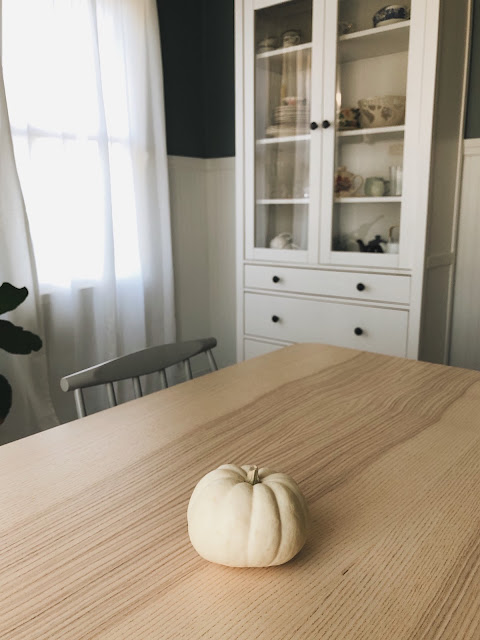Most people do not like questions, especially unanswered ones.
I think we are alive to ask questions and explore things we do not understand. To appreciate that God the Creator made all that we know, and He knows it all, and we never shall. But the fact is that the more we ask and seek, the more we dig deeply into unanswered questions, the more we get to glimpse some of the wonder working of God. We may not receive answers immediately, and our minds do not like to wait, right?
The glimpses excite me greatly. The possibility of them encourages me to think deeply, to always ask questions, for a discovery may still be made, even when it seems something is already known. We do not know it all, but we can learn more. We can always learn more. Why would we not want to explore by reading and gaining wisdom through other people asking and exploring the deep questions?
So often I see in society how people want to stay on the surface, never seeking beyond their momentary want or happiness. Of course, the momentary happiness changes every few moments, so they are always chasing it, instead of sinking into the deep questions that float around them. Alas, they are missing a huge piece of what our lives offer -- our minds! Somehow we have brains, which are amazingly able to imagine, postulate, reason, and create. Our minds are, even to this day, not used to their fullest capacity. The potential is enormous - memory, learning, reasoning, and creating are ways in which we can broaden the mind.
I watched a documentary recently (which was several years old) about books and the shifting that has happened in the last 10-15 years or so. Several times it was mentioned that the majority of Americans do not read full books. They only read snippets of things - Facebook posts, news articles, Google finds, Twitter, etc. There is a shift that has happened that people do not read a whole book. There were interviews of youth expressing how they do not want to take the time to read a book for school. They just Google a book to get someone else's notes or the Spark Notes (okay, that was an issue when I was in school, too), as that saves them from reading the actual book. What are they spending their time on, instead? Video games, social media, and TV or movies.
I remember in high school I always took the AP English classes, which required more reading and more essays, which I actually enjoyed. I certainly did not have the highest grades in those classes because they challenged me. I read every single book that was assigned to me in those classes, except one. I think it might have been a summer reading assignment that was leading up to the new school year. We were given a list of books we needed to read, and were given some assignments the first weeks of school on those books. For whatever reason, there was one book I simply did not get to read. I ran out of time and felt the crunch - it was The Grapes of Wrath. I read the summaries instead, and did whatever minor assignment was assigned one of the first weeks of school. I do not remember what the assignment was, actually. It must not have been significant. But I felt guilty for weeks and weeks about not actually reading the book (it is more than 450+ pages). I learned in high school that even books I did not enjoy reading, I learned something from. And that was the point.
Books teach us to see beyond ourselves, view another perspective, imagine in our own minds, and think for ourselves. It requires brain work, which always reminds me of Sherlock Holmes. He would set aside the frivolous, surface level conversations and topics to make space in his brain for the deep, problem-solving thinking to do his best work.
































